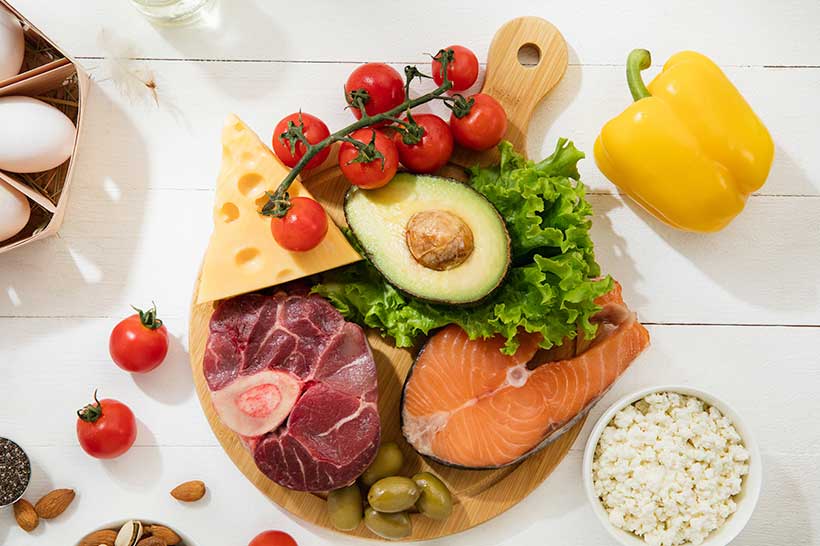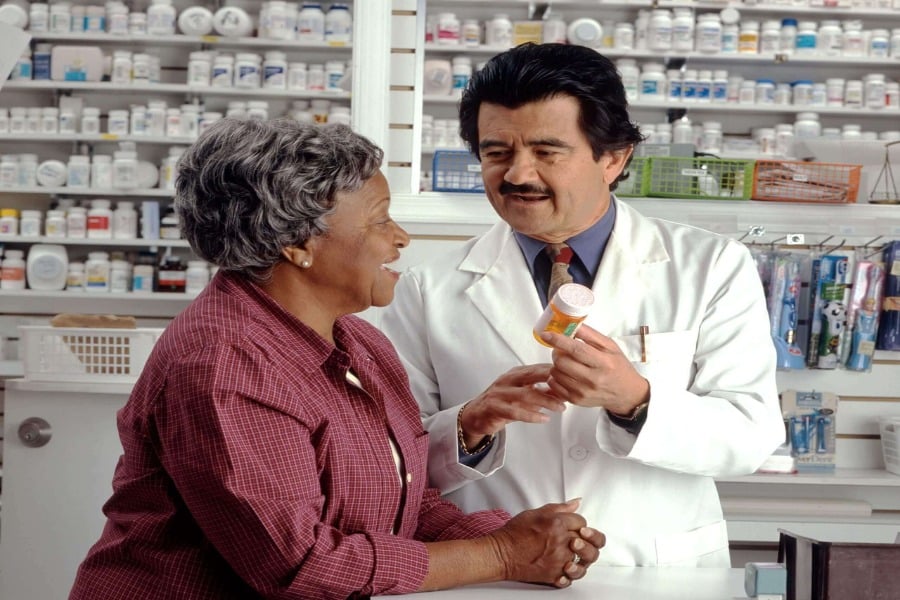Do you know the facts about the fat that I dislike the most? The name! Fats are an essential part of a healthy diet. But, because 'fats' share their name with that one-syllable word for obesity ("fat"), people sometimes start out with some very negative preconceptions about fats and eating them.
Maybe this was part of the cause of the 'low fat craze in the 1990s. Diets low in fat (all fats) were very popular. Big companies picked up on this and immediately got their research and development teams on 'low fat' options that people could buy. Low-fat products were supposed to fit into the popular low-fat diets.
It seemed logical. Except, these low-fat foods often had a lot of processed carbohydrates. Instead of fat, people were getting large doses of "rocket fuel" sugar and were foregoing the essential 'fatty' nutrients their bodies needed. Today, we know that not all fats are bad. Eating saturated and trans fats have negative consequences, but some fats are very healthy when eaten in moderation.
Facts About Saturated Fats
A large portion of saturated fats comes from high-fat animal products. Specifically, I'm talking about cuts of beef that are less-than-lean, and milk products that have most of the fat left in them: cream, etc.
This kind of fat has a lot of LDL cholesterol in it. It's generally a bad sign to have a lot of it when checking cholesterol levels. Saturated fat gets its name from chemistry. As a molecule, it's fully 'saturated' with hydrogen, which is an important part of how the fat molecule works to give energy. We'll come back to hydrogen a little later when talking about trans fats.
Instead of saturated fats, healthier diets have higher levels of what's called unsaturated fats. These kinds of fats are easier for the body to work with.
You can find unsaturated 'good' fat in:
- olive oil
- canola oil
- fatty fish like salmon
- avocado
- almonds
- cashews
- walnuts
- and other foods
Overall, pushing your healthy diet over more towards unsaturated fat can help prevent heart conditions, diabetes, and some liver problems. In fact, for diabetics, a diet with lots of unsaturated fats in good proportions can even lower their need for diabetic medications.
Facts About Trans Fats
When it comes down to it, trans fat is mostly chemical and scientific 'wizardry'. First, a little bit about how trans fat is made. Originally, trans fat starts out as regular edible oil. But, then it gets hydrogenated. Hydrogen gas is put through the oil, changing the molecules. Remember how saturated fat is full of hydrogen? Well, trans fat is too, to a high degree.
The regular oil gets 'transformed. This transformation process is great for business but bad for humans. See, trans fat stays good for longer on store shelves. It's chemically more stable too. And originally, it was meant to be used as competition for regular butter.
But, our bodies just can't handle this transformed kind of fat as well as unsaturated fat. It's harder to break down and harder to use. And it's been linked to a wide range of health problems. Watch out for nutritional labels that say "0 grams of trans fat".
The rules say that companies can list this on their labels, as long as there are less than 0.5 grams per serving. So, if you eat more than 1 serving of these products in a sitting, you might be getting more trans fat than you think you are. Maybe a lot more.
Dr. Zickler







